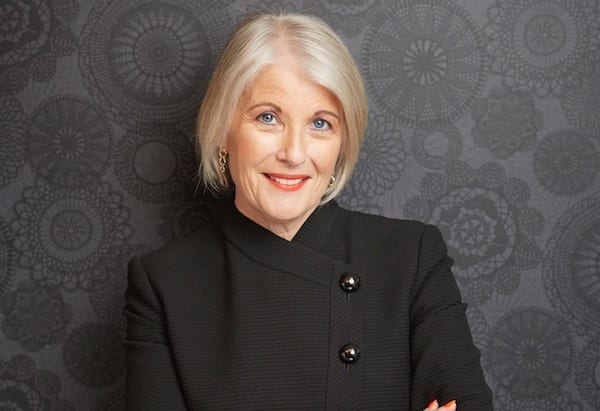The Workplace Gender Equality Agency has announced the national gender pay gap is at 13.9 per cent, a drop of just 0.1 percentage points over the past six months.
That’s a difference of $242.90 a week in the average weekly full-time base salary earnings of women and men.
And the message from WGEA Director Libby Lyons (pictured above) is that if you’re a business leader who accepts their organisation has a gender pay gap but you then take no action to close it then, “you are effectively telling Australian women that the work they do is of less value than that of men.”
She’s urged all employers and leaders to step up and take action to reward their female employees equitably.
“By closing Australia’s gender pay gap, we will improve the lives of Australian women, their families and communities and boost our nation’s economic activity at a time when it is desperately needed.”
WGEA released the figure following the latest set of data from the Australian Bureau of Statistics today. The ABS reports that on average, women working full-time earned $1,508.50 while men working full-time earned $1,751.40.
Lyons added that while any drop is welcome, today’s result is “actually quite disappointing”.
She said it indicates progress towards gender equality in workplaces may actually be slowing, and expressed concern over complacency.
“I am concerned that a degree of complacency is creeping back into the Australian business community. The danger signs are clear. I want to see far more action and accountability from employers and business leaders; we must pick up the pace to close the gender pay gap.
She added that, “Going backwards is not an option” and that the private sector should be applauded for its efforts over the post seven years, but that it’s not enough to just have policies and strategies in place.
“Policies and strategies will not solve the underlying gender equality problems in an organisation. There must be action. Employers need to put genuine targets in place and make people accountable for meeting these targets. We know that when employers take action to close their gender pay gaps and regularly monitor the results, the pay gap declines.
Professor Rae Cooper from the University of Sydney Business School also expressed disappointment in the result. “With chronically depressed wages for men alongside high educational attainment rates for women, Australia should be closing the pay gap rather than plateauing as today’s results have shown.”

